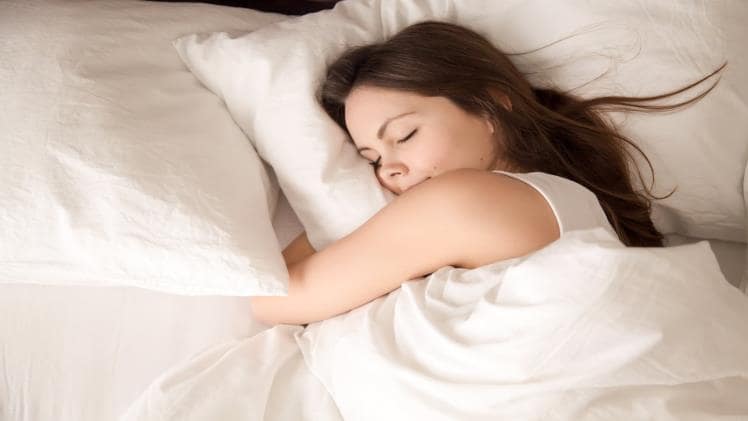When you have depression, everything feels more difficult. It might be challenging merely to get out of bed, go to work, or interact with friends. Fortunately, Breakthru Psychiatric Solutions offers an effective solution to treat your depression. In addition to medication treatments, you may take certain steps to manage your symptoms and quality of life better.
Here are tips for coping with depression;
1. Exercise
According to several scientific research, exercise is equally effective in treating mild to severe depression as medication. Beyond alleviating depressive symptoms, exercise has many other good effects, including weight loss, improved cardiovascular health, and a lower chance of contracting several chronic diseases.
It might be difficult to exercise when depressed, so starting easy and doing something fun is better. Exercise that can help with depression reduction includes taking brief daily walks, performing workouts for ten minutes at home, and dancing to music.
Exercise reduces the symptoms of depression due to an increase in endorphin-producing brain chemicals. Mild exercise of even a few minutes daily might elevate endorphin levels and enhance mood.
2. Consume Nutritious Foods
Depressed people frequently have bad eating habits. Junk food that is heavy in sugar, salt, and fat may provide a momentary sensation of comfort, but in the long run, these foods lead to blood sugar increases, weight gain, and depressive symptoms.
The solution is to find healthy meals you enjoy, ensure you have enough on hand, and consume these foods daily. As long as you don’t have a food allergy or any unfavorable response to the meal, salads, fresh fruit, lean meats, oily fish like salmon, and whole-grain bread are all healthy choices.
The key points are finding healthy meals you love and teaching yourself to turn to them when you are hungry or feeling depressed.
3. Drink a lot of water
All bodily processes require water. Regularly drinking enough water helps the body eliminate toxins, boosts the performance of internal organs, and even supports mental health.
Many individuals don’t get enough water, preferring to load up on alcoholic beverages, soft drinks, and coffee. These drinks cause the body to lose water, which causes dehydration.
4. Take on responsibilities
When you are depressed, you might wish to withdraw from society and abdicate your duties at work and home. However, do not. Maintaining an active lifestyle and regular responsibilities will help you fight depression. They allow you to feel grounded and accomplished.
It is okay if you can’t handle full-time employment or school. Consider working part-time. If that sounds excessive, think about volunteering instead.
5. Get adequate rest
Sleep deprivation can make it difficult to obtain enough rest, and inadequate sleep can exacerbate depression. You may start by making some lifestyle adjustments to get enough sleep. Set a specific time for going to bed and waking up every day. Avoid taking a day nap. Remove any sources of distractions from your bedroom, including the computer and TV. Your sleep may get better with time.
6. Avoid drugs and alcohol
Substance abuse is widespread among depressed individuals. It is uncertain if alcohol and drug usage contribute to depression. But continued drug use may alter how your brain functions, aggravate existing mental health issues, or even cause new ones.
If you are dealing with depression, you are not alone. Call Breakthru Psychiatric Solutions to book your appointment for depression treatment.

